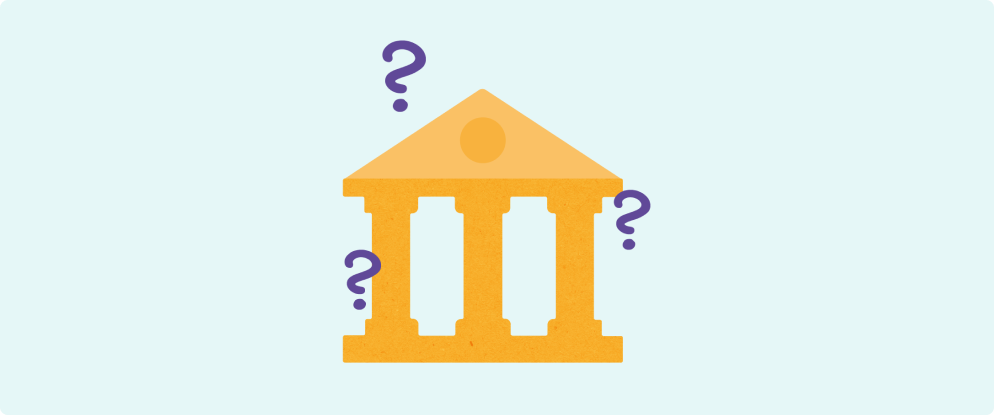Understanding key banking terms

Banking speak can feel confusing, but getting to know the basics can help you stay in control of your finances.
Get to grips with financial gobbledygook using our banking jargon buster.
APR
The Annual Percentage Rate of interest. By including additional payments beyond interest rates, it shows the true cost of a loan or mortgage.
Bank statement
Details of monthly transactions from your bank, either paper or online.
Certified document
Photocopied document signed and dated by a professional (doctor, solicitor, teacher, etc.) confirming they’ve seen the genuine original.
Charge
Money taken by your bank. Overdraft fees, missed Direct Debit charges, business account charges, etc.
Credit scoring
A way for the public to understand how a lender may view their credit report. Which they use to run a credit check to determine someone’s creditworthiness, and decide whether to lend to them.
Creditworthiness
As determined by a lender on a case-by-case basis. You may be considered creditworthy according to one lender’s criteria, but not another’s.
County Court Judgment (CCJ)
A court order issued to those in significant debt, recorded nationwide and on the individual’s credit file by agencies like Experian and Equifax. The credit file also shows when the debt has been repaid.
Direct Debit
Regular payments taken from a bank account. Set up by the recipient, they can vary in frequency and amount.
Endowment mortgage
A mortgage where only interest is paid over the term and the capital is repaid from an endowment policy at the end.
Interest
A percentage of money paid over time – usually in line with a bank’s base rate of interest. Interest paid on a loan is the cost of borrowing. Interest on savings is your reward for investing.
ISA
An Individual Savings Account available to UK residents over 18 (16 and 17-year-olds can get mini ISAs). There are cash, stocks and shares, or life insurance ISAs, and the amount you can pay in over a year is limited.
Overdraft
A negative balance in a bank account. Overdraft limits can be authorised for an agreed amount, but banks may not offer the facility to those deemed a risk.
Payee
The person getting paid in a transaction. (The person making the payment is the payer.)
Phishing
Using the internet to fraudulently obtain people’s personal account details, usually to illegally make money.
Standing order
A regular, fixed payment from a current account, set up by the account holder.
Master your money with Loqbox Coach
Plan your next steps with a personalised financial plan, especially tailored to you
Already a member?
Log in to activateNew to Loqbox?
Discover Loqbox CoachGet a little Loqbox in your inbox
A special email delivery of money saving tips and financial know-how each month
Subscribe
.png)







